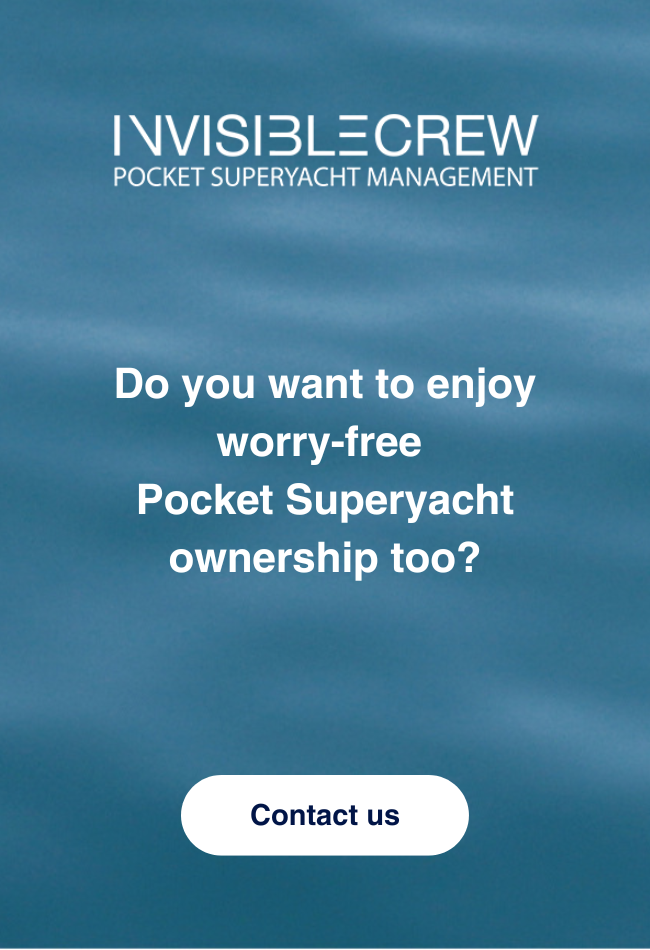International maritime shipping within the EU is obliged since the 1st of January 2018 for ships above 5000 gross tonnage to control and report obligations of their carbon dioxide emissions for voyages from, between or to ports within the European Union (EU) territory. This is established in the European legislation by Regulation 2015/757 (as amended by delegated Regulation 2016/2071) on the monitoring, reporting and verification (MRV) of carbon dioxide emissions from maritime transport which came into force on 1 July 2015, but became fully effective at the beginning of this year.
The Regulation is applicable no matter which flag for cargo, shipping, pleasure crafts, commercial voyages, including ballast ones. A voyage is defined as any movement of a ship that originates or terminates in a port of call and that serves the purpose of transporting passengers or cargo for commercial purposes between EU ports. Stops in ports where the vessel does not transport passengers or cargo are not considered as ports of call.
The obliged persons by these obligations are shipowner or any other entity who has taken the responsibility of operating the vessel, such as managers or bareboat charterers.
The final scope of the new Regulation is that the MRV system becomes the first step is the inclusion of maritime transport emissions in the EU’s greenhouse gas reduction commitment, which are excluded at the present day .
From 2019 onwards and by 30 April of each year, MRV companies are to submit to the European Commission and the flag state authorities, an emissions report verified independently for each ship under their responsibility and from 30 June 2019 onwards, ships having carried out activities falling under the Regulation during the previous calendar year and visiting ports within the EU territory shall have on board a valid document of compliance relating to the relevant reporting period. And further, by 30 June each year, the European Commission shall make publicly available the information on CO2 emissions and further information prescribed under the Regulation.
Shipping is one the main industries affected by environmental issues and so it is important to highlight that the reductions in CO2 emissions can be achieved by applying operational measures and implementing existing technologies. In principle, no substantial investment is required. However, with ongoing demands for the implementation of measures to reduce emissions and fuel consumption it is likely that substantial investment might be required. Currently the adoption of such measures is affected also by the lack of access to financial incentives for investment in ship efficiency and the true fact that since charterers normally pay the fuel bills, shipowners are not going to benefit from investing in improving fuel consumption/efficiency.
Finally, the Regulation leaves to the Member States the coercive and sanctioning measures for unfulfillment of the MRV system which opens a kind of uncertainty in the real operative of the aims of the these new obligations.












